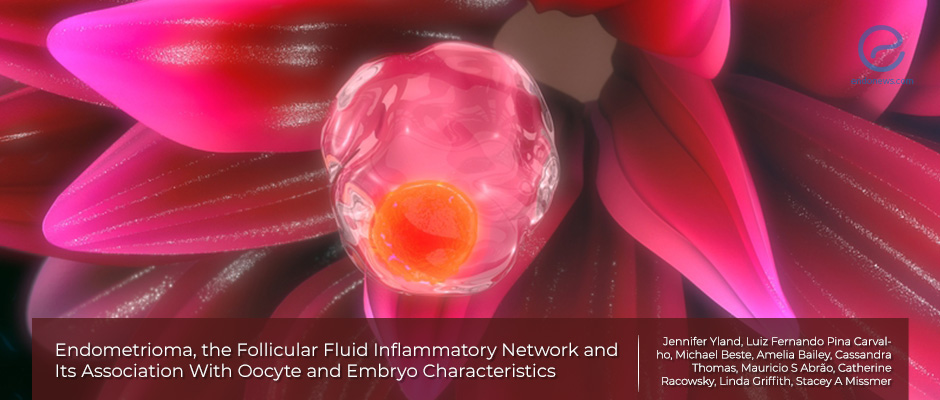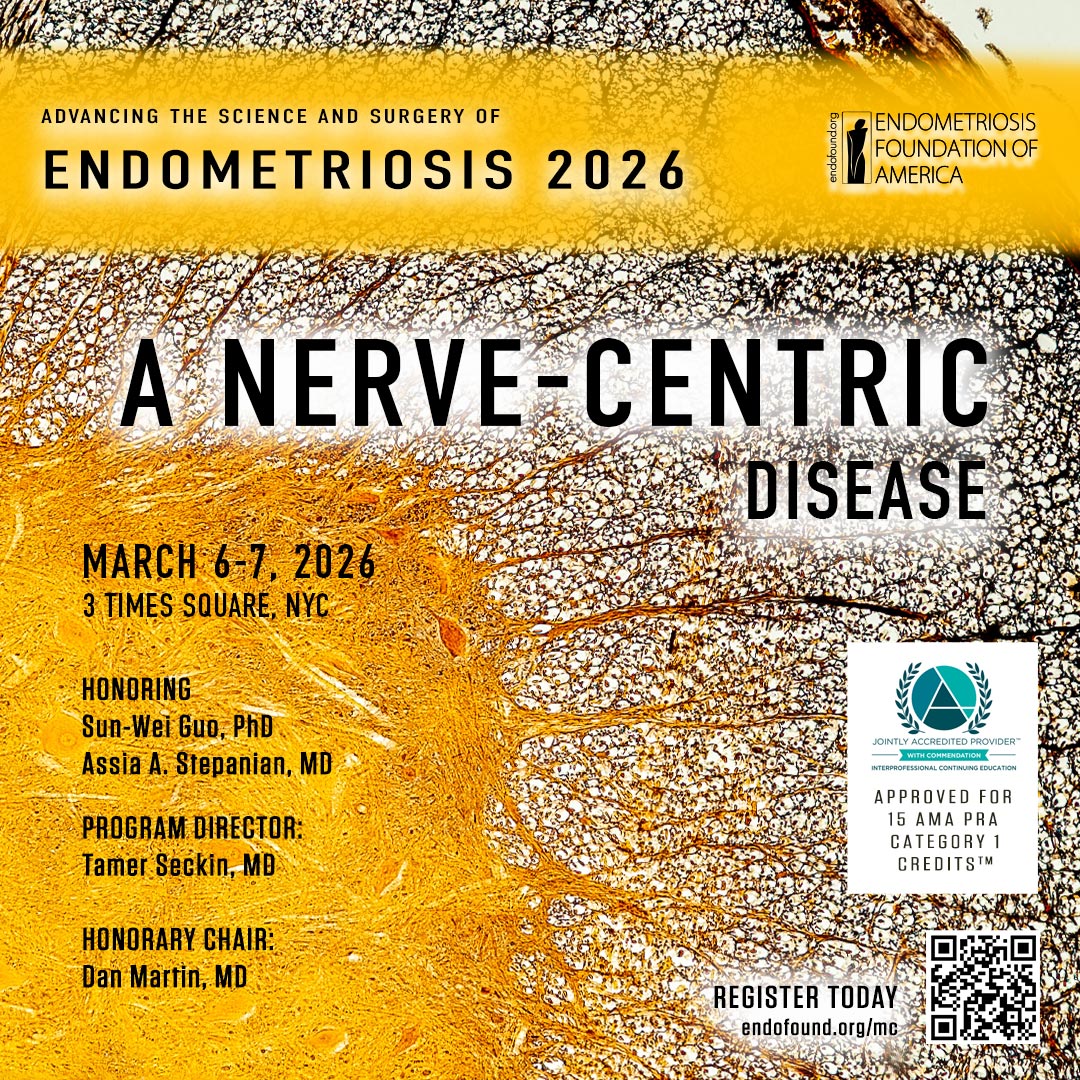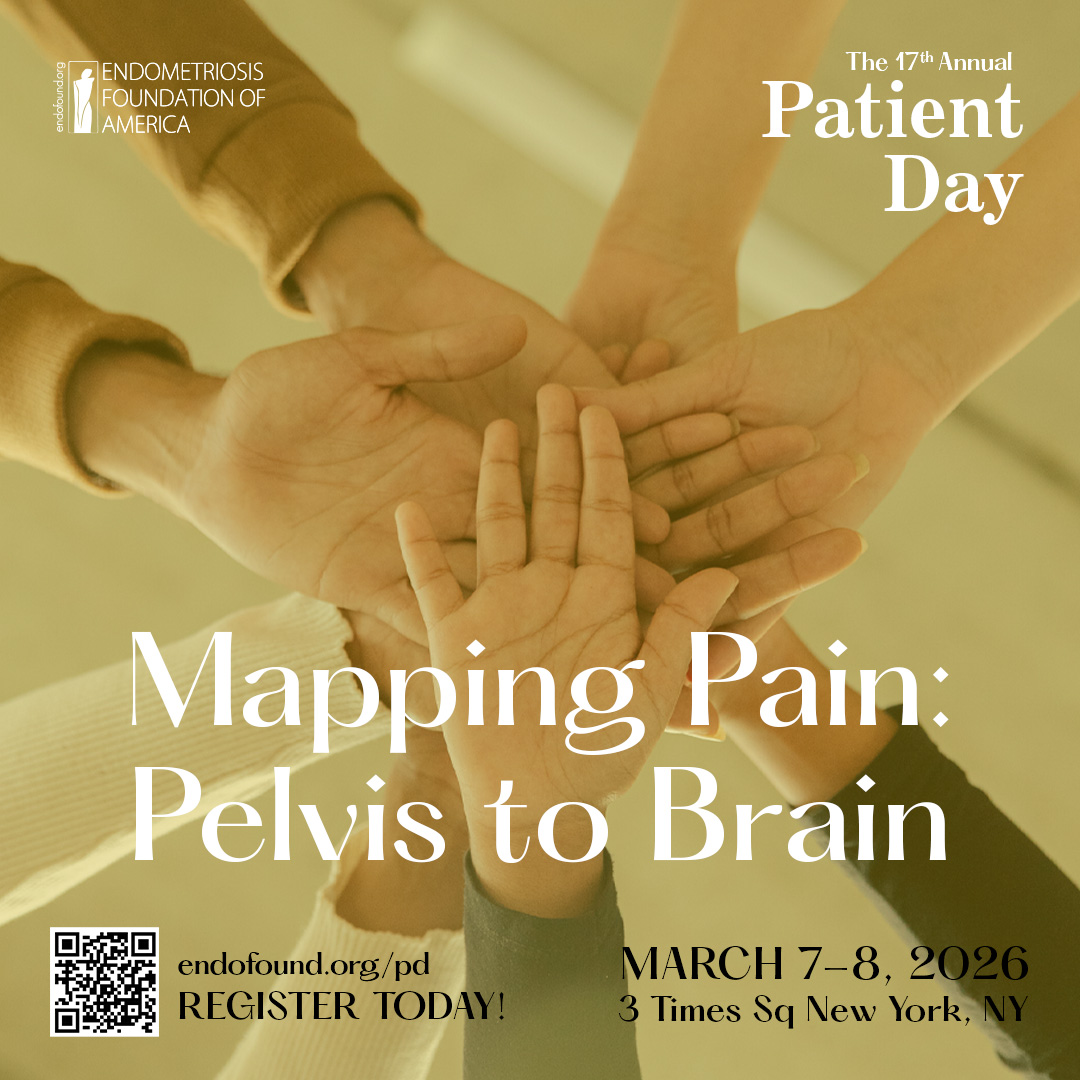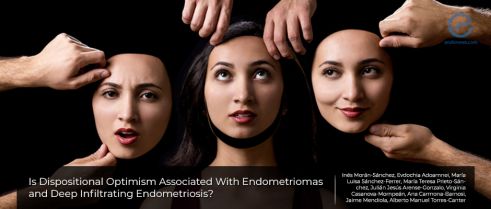Regulation of Inflammation in Endometriosis
The role of the inflammation in the pathogenesis of endometriosis and the impact of sex hormones in the inflammatory responses
Key Points Lay Summary
Leiomyomas have similar genetic background with endometriosis
Genome-wide association study reveals overlapping findings between endometriosis and leiomyomas
Key Points Lay Summary
Endometrioma, follicular fluid, oocyte and embryo
"Inflamed milieu of the egg"
Key Points Lay Summary
Cycle-related gastrointestinal complaints in reproductive age young women
Cycle-related diarrhea and dysmenorrhea in young women of reproductive age may indicate endometriosis.
Key Points Lay Summary
Endometriosis May Change Women’s Personality, Study Suggests
Women with the disease may therefore also need non-medical attention.
Key Points Lay Summary
Clinical Evaluation of Endometriosis-Associated Pain
A checklist for the early diagnosis of endometriosis
Key Points Lay Summary
The relationship of serum concentrations of neuropilin-1 (NRP-1) and endometriosis
Serum NRP-1 is shown to have a high prediction power to discriminate women with and without endometriosis.
Key Points Lay Summary
Current Status of Transvaginal Ultrasound Accuracy in the Diagnosis of Deep Infiltrating Endometriosis
Utility of Transvaginal Ultrasound to detect Deep Infiltrating Endometriosis
Key Points Lay Summary












